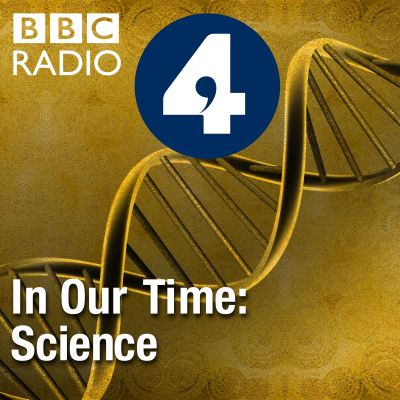Scientific principles, theory, and the role of key figures in the advancement of science.
http://www.bbc.co.uk/programmes/p01gyd7j
Alan Turing
Melvyn Bragg and guests discuss Alan Turing (1912-1954) whose 1936 paper On Computable Numbers effectively founded computer science. Immediately recognised by his peers, his wider reputation has grown as our reliance on computers has grown. He was a leading figure at Bletchley Park in the Second World War, using his ideas for cracking enemy codes, work said to have shortened the war by two years and saved millions of lives. That vital work was still secret when Turing was convicted in 1952 for having a sexual relationship with another man for which he was given oestrogen for a year, or chemically castrated. Turing was to kill himself two years later. The immensity of his contribution to computing was recognised in the 1960s by the creation of the Turing Award, known as the Nobel of computer science, and he is to be the new face on the £50 note. With Leslie Ann Goldberg Professor of Computer Science and Fellow of St Edmund Hall, University of Oxford Simon Schaffer Professor of the History of Science at the University of Cambridge and Fellow of Darwin College And Andrew Hodges Biographer of Turing and Emeritus Fellow of Wadham College, Oxford Producer: Simon Tillotson
